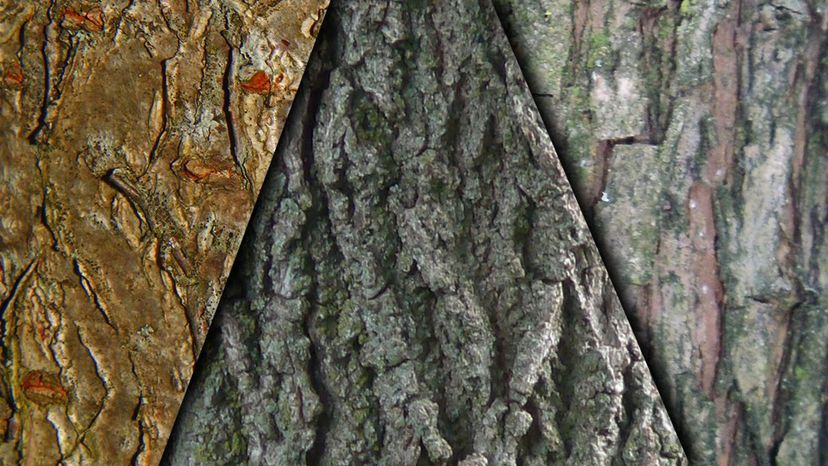
About This Quiz
Will you stand tall or bend from the force of this quiz?
When you think of trees, what is usually the first thing that comes to mind? A hardy and shady oak tree, a luminous and decorated Christmas tree, or a slender and towering coconut tree? The fact of the matter is that while our backyards or hometowns may served as home to only a handful of different types of trees, the world at large has an extensively diverse array of tree species. In fact, it is estimated that there are between 60,000 and 100,000 different species of trees worldwide and trillions of individual trees as well; that's a lot of trees!Â
We wanted to make a quiz with a few dozen or so of some of the more common trees from around the world, but then we realized that this may have been too easy for you aspiring arborists. So, instead we've taken it a step further to see if you will be able to correctly guess the name of the tree from just a single picture of its bark! This is truly a challenge that only hardcore hardwood heads and true tree lovers will excel at. Let's jump right in and see what you've got!
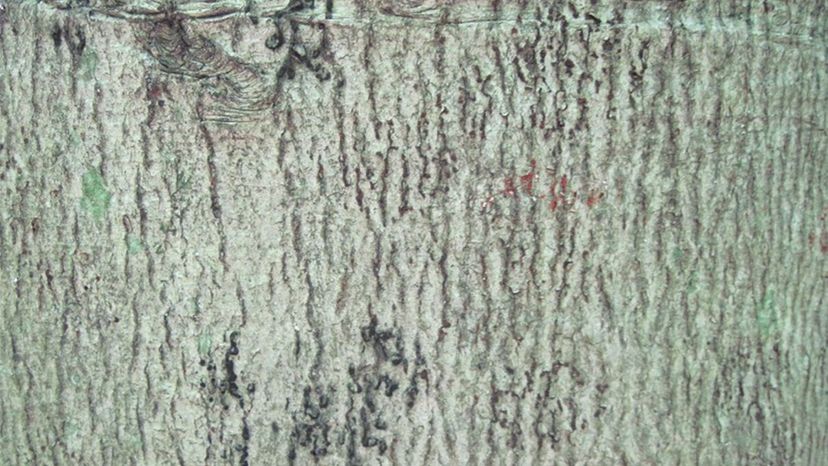
Although American beech produces tough and strong wood, it is not as widely used as other wood types. One of the tree's most noticeable characteristics is the steel gray color of its relatively smooth bark.
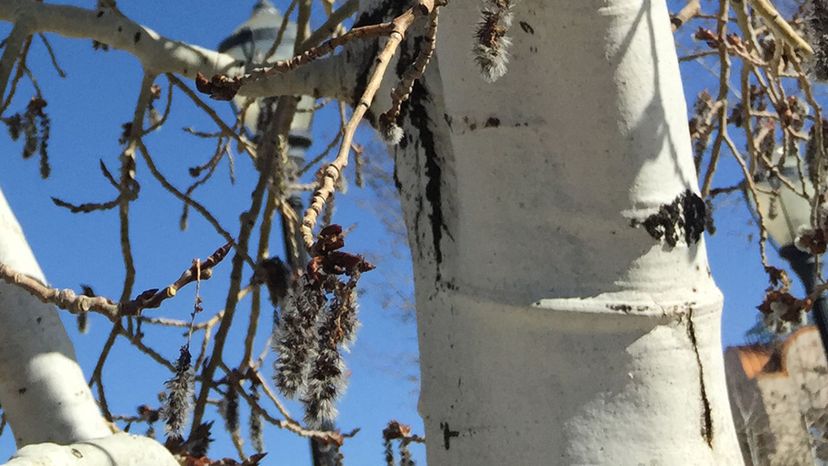
The quaking Aspen holds the title of being the most widely distributed tree in all of North America. It is distinguished by its shiny twigs that have a smooth texture and a reddish brown coloration.
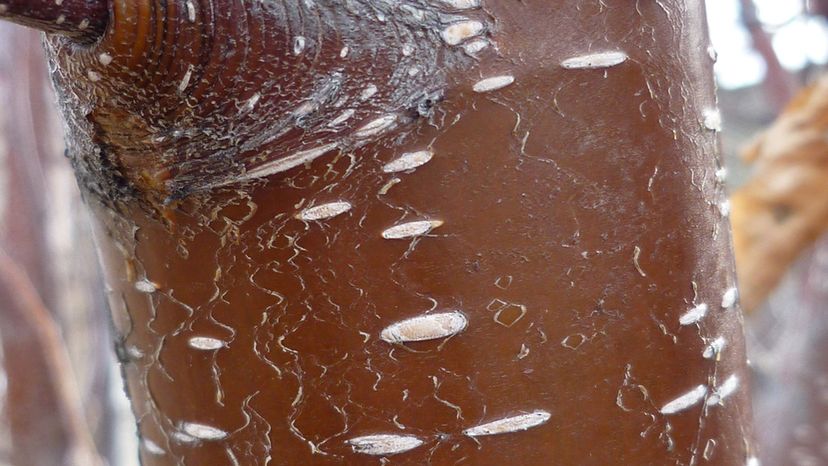
The black birch is an extremely versatile tree. Oil of wintergreen, a medicinal and culinary product, is distilled from the twigs. Black birch wood is strong and is dark brown in color; it is used for fuel and furniture, especially as an alternative to mahogany or cherry.
Advertisement
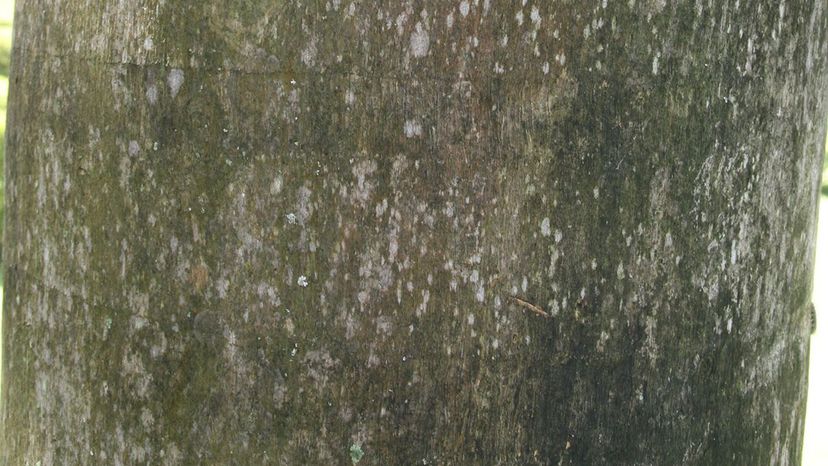
The Cuban royal palm is a species of tree that can be found in the Caribbean, Mexico, southern Florida and Central America. The Cuban royal palm is the national tree of Cuba and can reach heights of up to 70 feet.
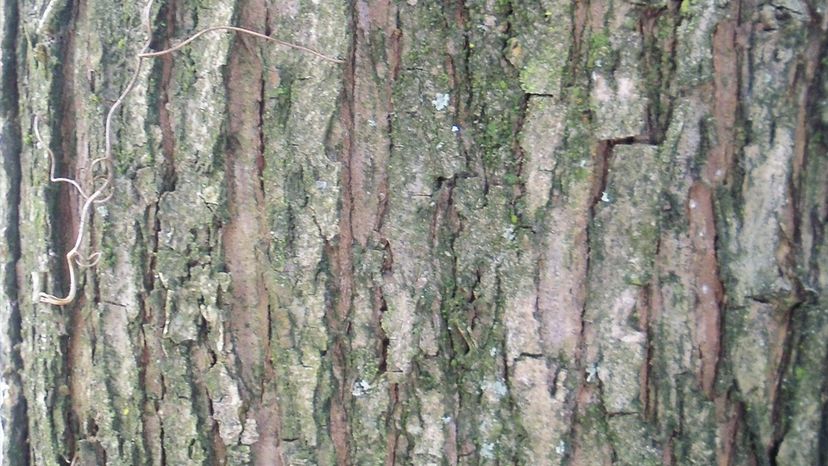
Hawthorns are peculiar trees; their small size (generally less than 20 feet) makes them have no commercial value. In fact, many people actually consider them to be pests, comparable to common weeds. Regardless, birds love the berry-like fruit that they grow in small clusters.
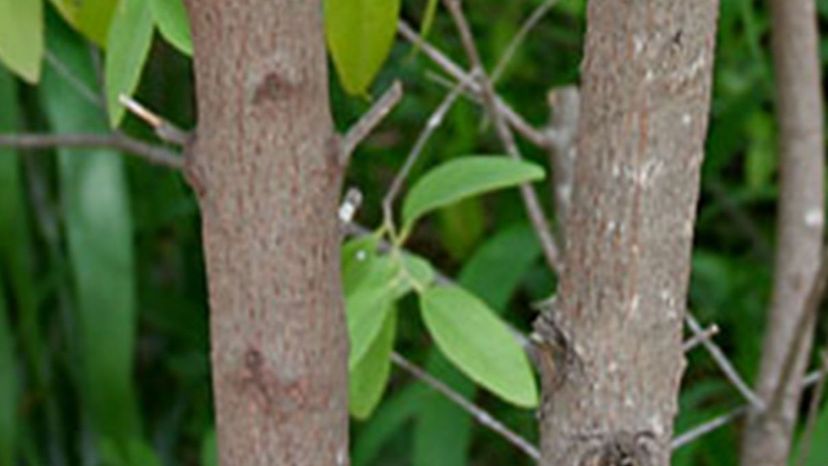
The Indian sandalwood is a species of tree that can be found in India, Indonesia and the Malay Archipelago. The Indian sandalwood tree is notable for being the most commonly known source of sandalwood.
Advertisement
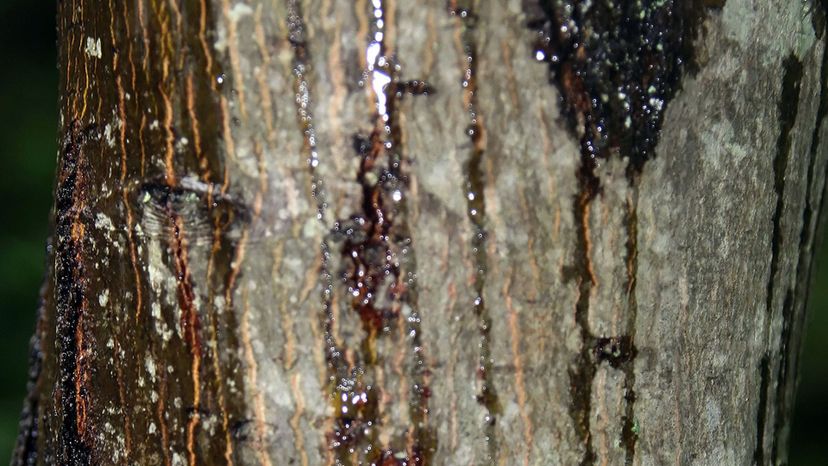
While it is sometimes used for handles of tools, the shadbush is actually too small to be used as a reliable source of timber. However, it is still a very attractive tree that sometimes sees some form of decorative use because of its grayish brown coloration and its small stature.
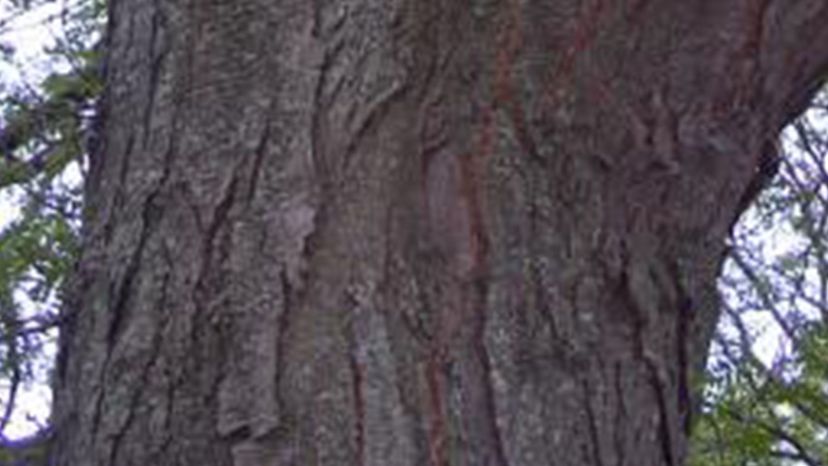
The primary use that the honey locust sees is for ornamental purposes; however, the wood is strong and so some have found more hands-on uses for it. The tree grows compound leaves that can have up to 30 leaflets.
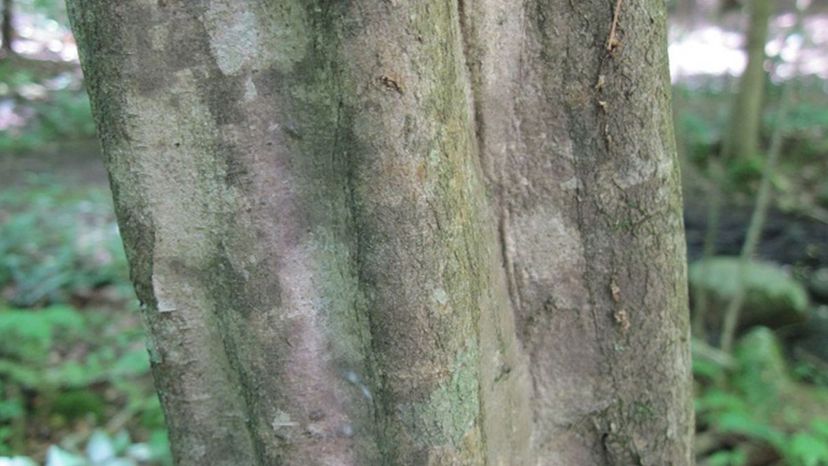
The American hornbeam is a relatively small tree. However, the wood that the American hornbeam produces is still very strong and hard, sometimes used for tools such as mallets.
Advertisement
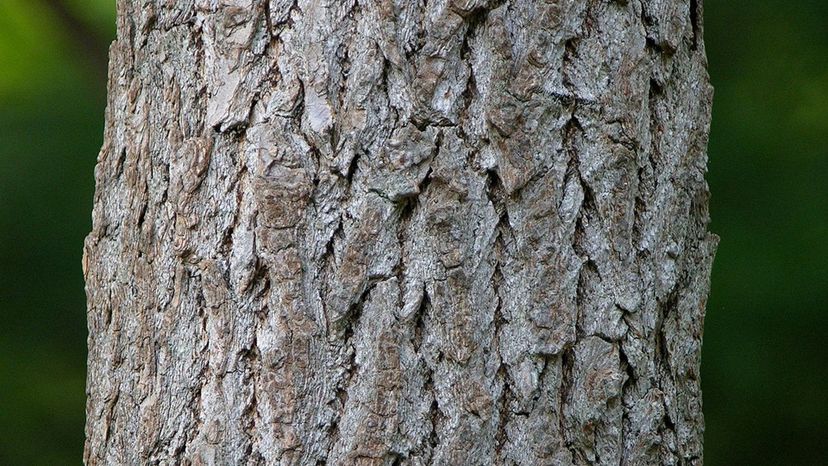
While the wood of this smaller tree is comparatively weak, it has some uses. Both the root and the bark of the tree can be used to make tea, and some people have even used the wood for simple things like fence posts.
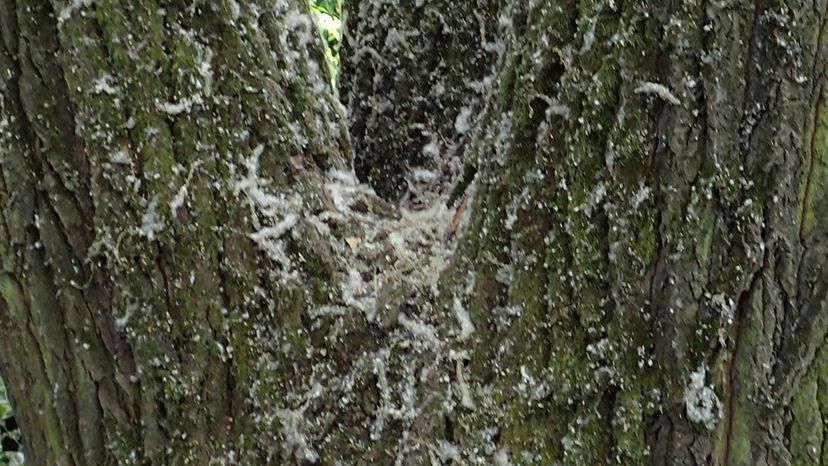
While the bigtooth aspen may not experience extensive commercial usage in the United States, it is fairly important in nature. Several different types of wildlife make use of the tree as a temporary shelter, while some even stay permanently - eating the seeds that it produces.
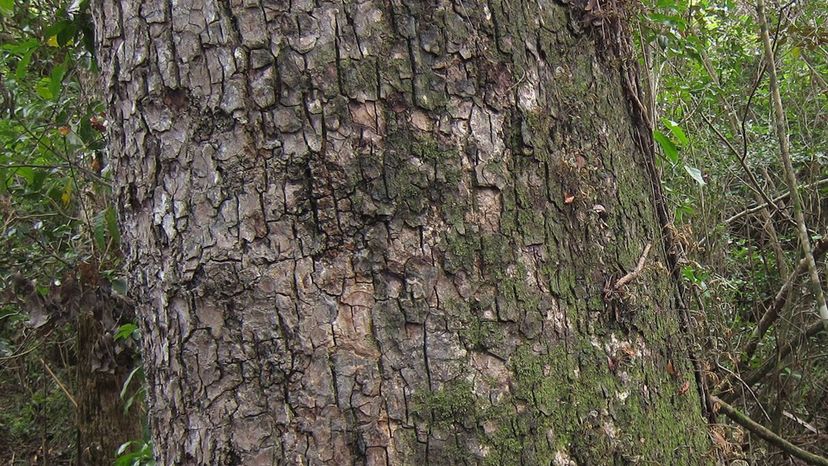
The West Indian mahogany is a species of tree that can be found all across the Caribbean and also in southern Florida. The West Indian mahogany is notable for being the national tree of the Dominican Republic.
Advertisement
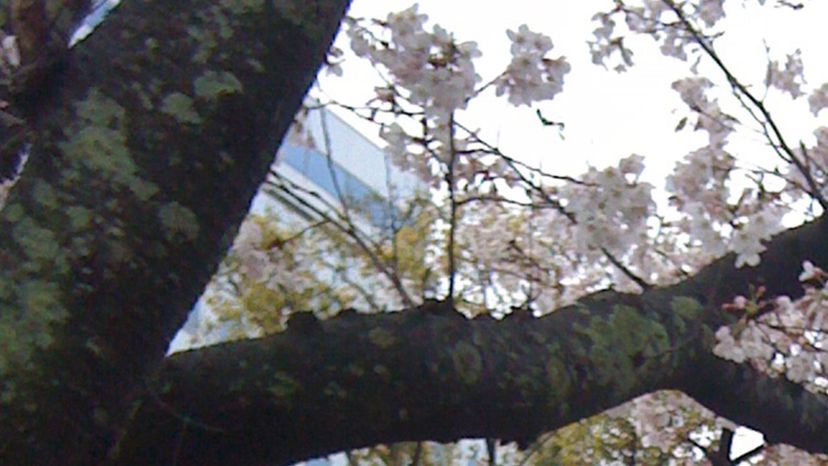
The Japanese cherry is a species of tree that can be found in China, Japan and Korea. The Japanese cherry tree is notable for its iconic cherry blossoms, considered to be the unofficial national flower of Japan.
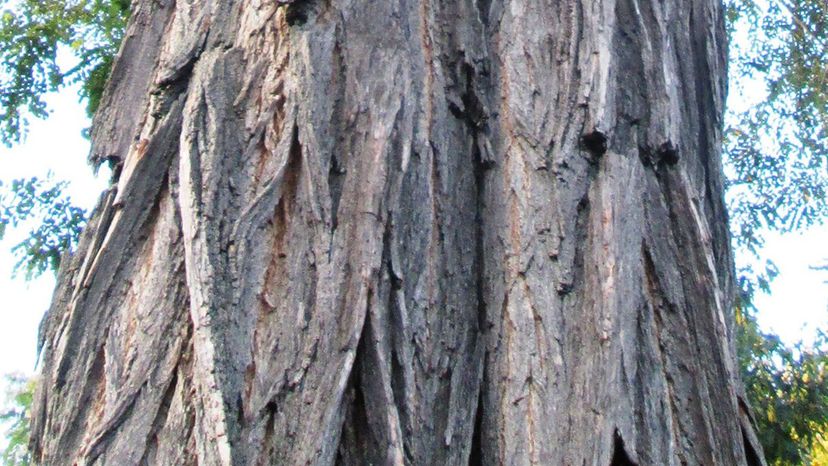
The black locust produces wood that is hard and strong. The bark of the tree is yellowish brown and the tree can also be identified by its compound leaves that consist of smaller oval leaflets.
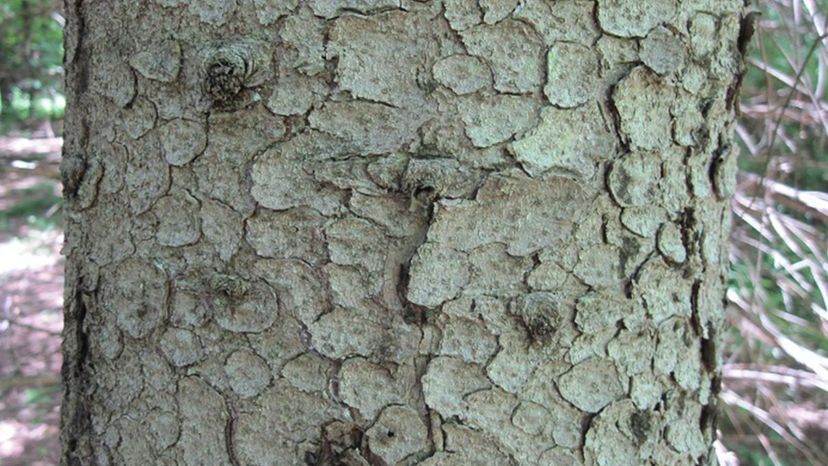
The white spruce can be primarily found on the slopes of the Adirondack Mountains, as well as in the surrounding areas. The crushed needles from the tree have a very strong, distinct and generally foul odor. White spruce trees have been historically used as ornamental trees and also as Christmas trees.
Advertisement
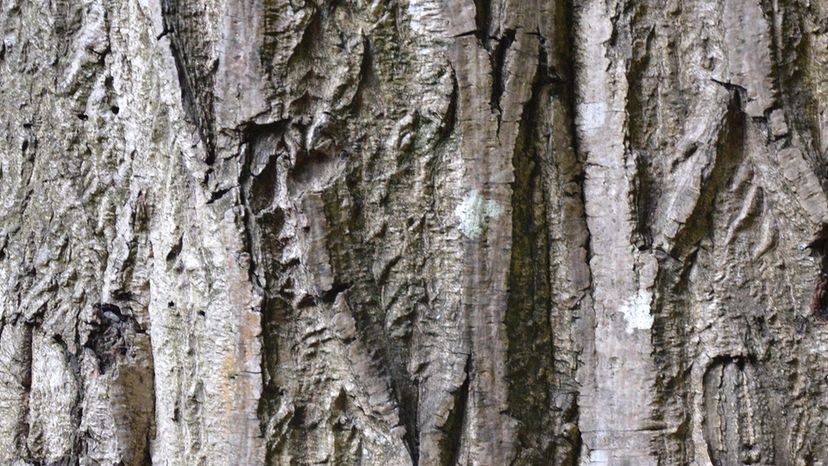
The butternut is actually closely related to the black walnut tree. It is notable for the fact that it produces edible nuts and a very attractive wood that is light brown and soft. Since it is not as strong as other alternatives, it is primarily used for decorative woodworking, such as interior trims.
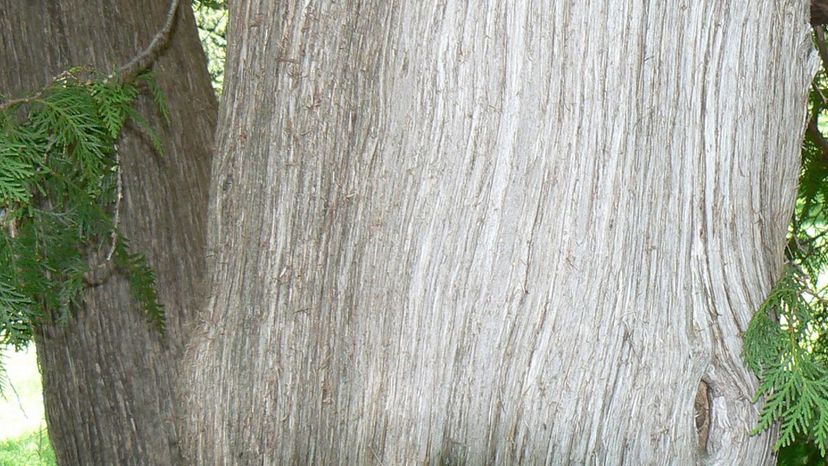
The cones that the arborvitae produces do not have many scales, compared to the fruit of other similar trees. The bark can range from being light reddish brown to a plain ashy gray. The yellow-green leaves have a strong aroma when they are shredded or crushed.
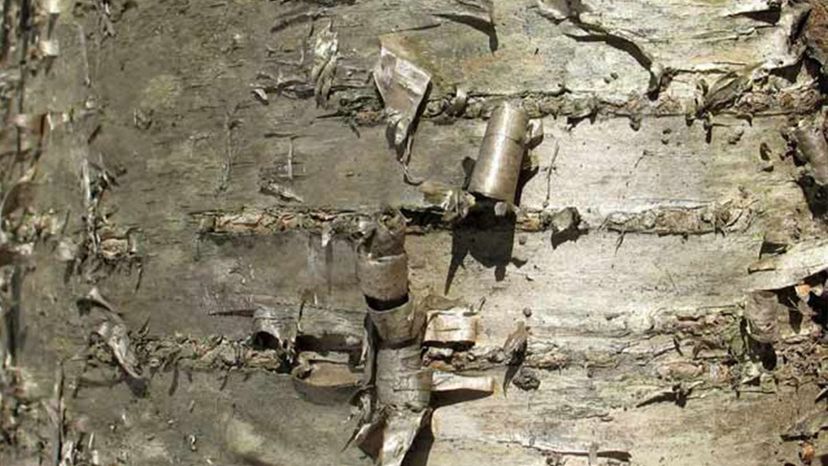
Yellow birch is largely used for furniture, woodenware, flooring, interior finish, airplanes and agricultural implements. The bark can be observed in a range of colors, from silvery gray to yellow, and even reddish-brown on some older trees.
Advertisement
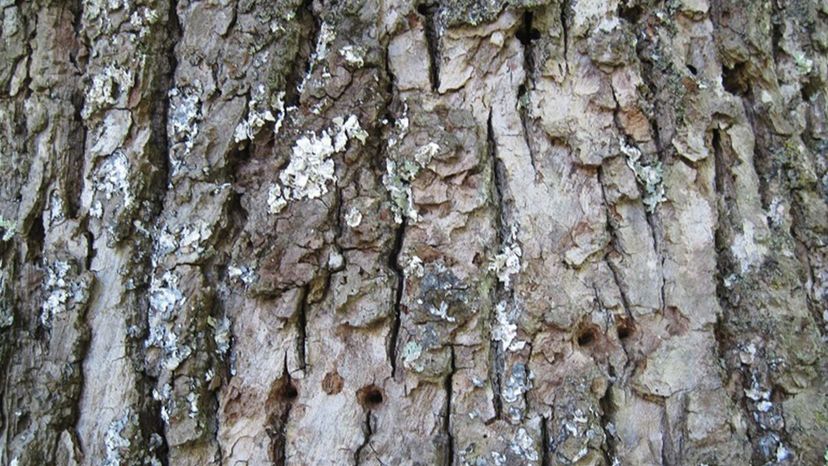
Basswood is easily identified by its large heart-shaped leaves that are between 5 to 10 inches long. The bark is a dark gray color and the tree produces a small pea sized nut that usually comes in clusters.
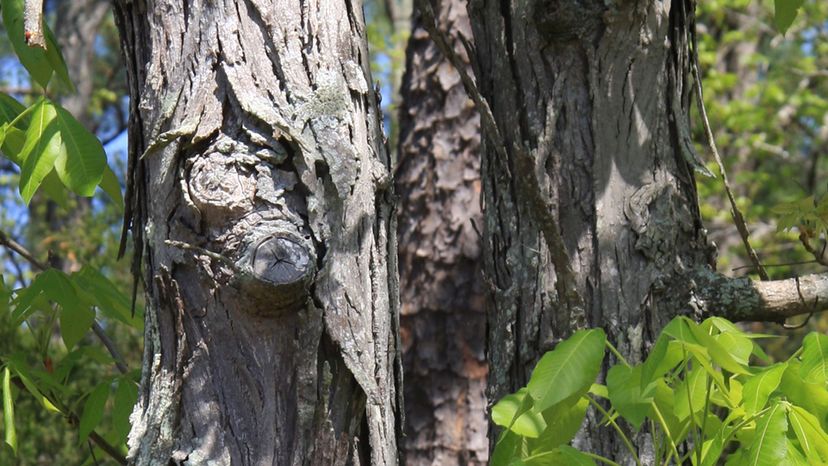
The shagbark hickory produces a very heavy, tough, elastic, close-grained wood that is primarily used for handles, vehicles, agricultural implements, and fuel. The fruit is also important to the local ecosystem, since many animals make it a key part of their diet.
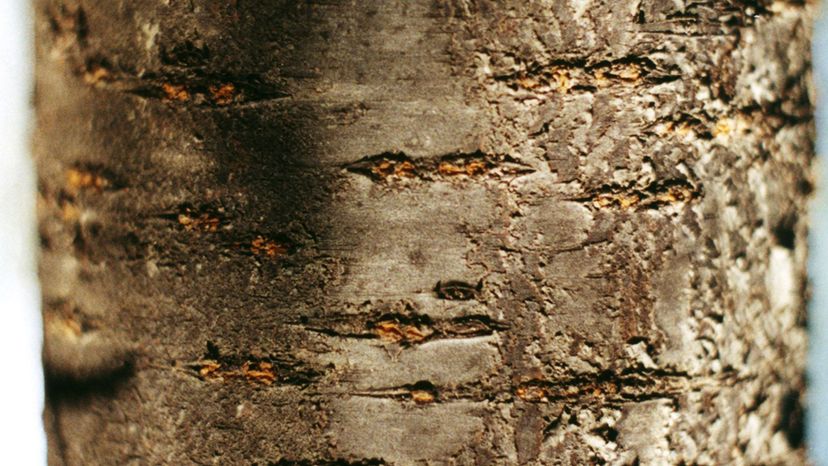
The fruit of the pin cherry tree is loved by birds and small tree-dwelling animals. It is identified by its reddish-brown bark that has a smooth texture, fruit that grows in long-stemmed clusters, and branches that are connected to the trunk at approximate right angles.
Advertisement
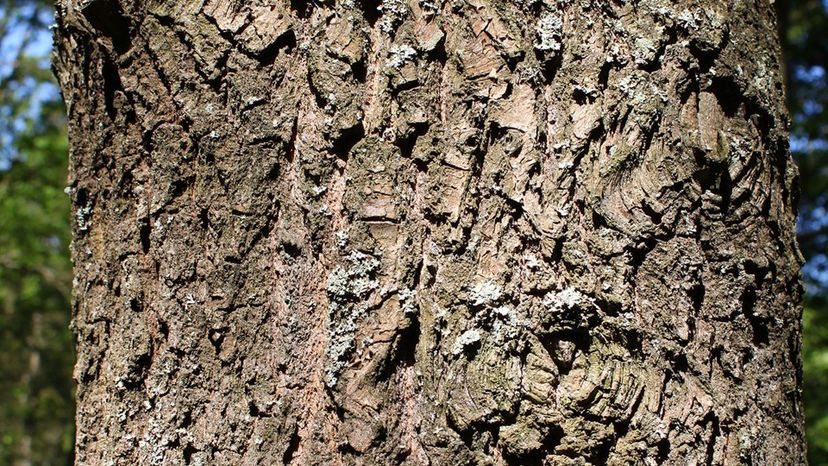
Scarlet oak gets its name from the vivid coloring of its leaves in the fall. The bark of the scarlet oak is light brown in color, with the inner bark being somewhat red.
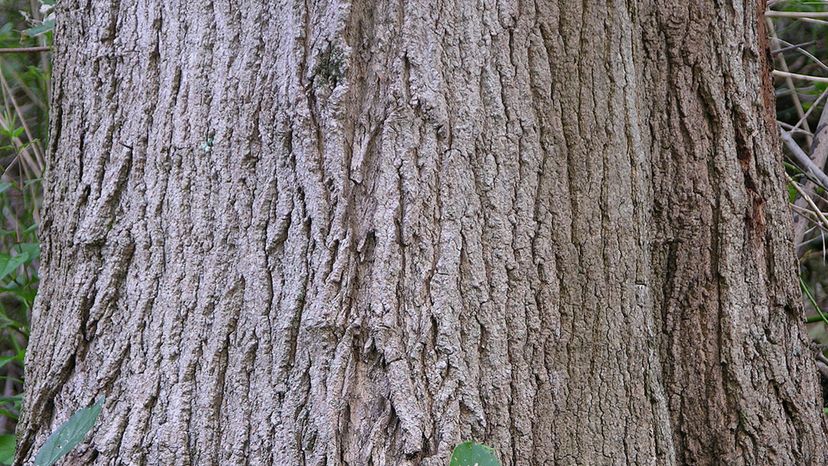
The sugar maple is a species of tree that can be found in Canada and areas of the United States. The sugar maple tree is notable for being the primary source of maple syrup.
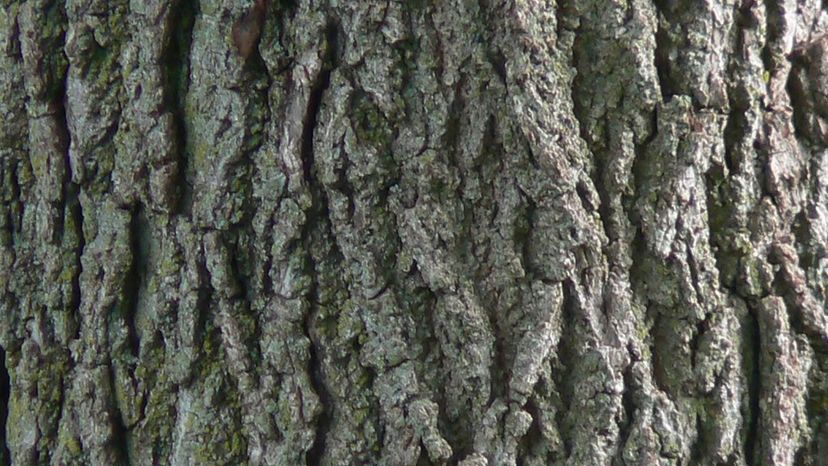
While the inner bark of the black walnut is dark brown, the outer layer is actually a dull grayish brown. The tree is noticeable for producing large edible nuts and more importantly strong durable wood - used in cabinetmaking, interior trim and gunstocks.
Advertisement
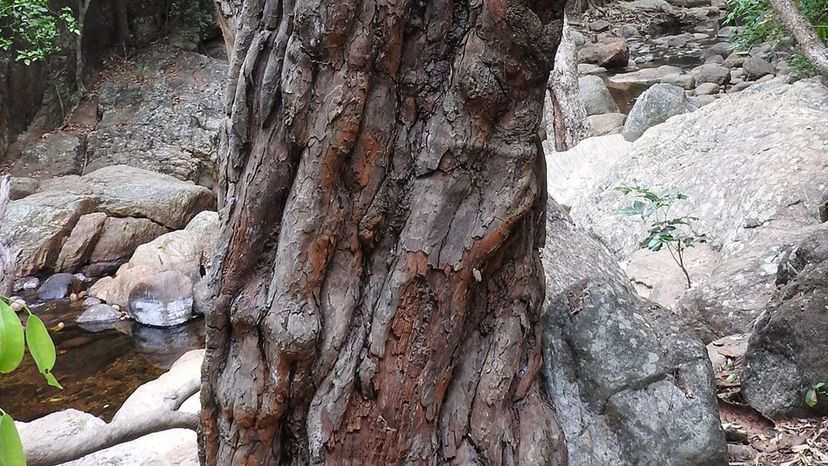
The Sri Lankan ironwood is a species of tree that can be found in Sri Lanka, India, Thailand, Nepal and several other South Asian countries. The Sri Lankan ironwood is the national tree of Sri Lanka and it is named after the heaviness and hardness of its timber.
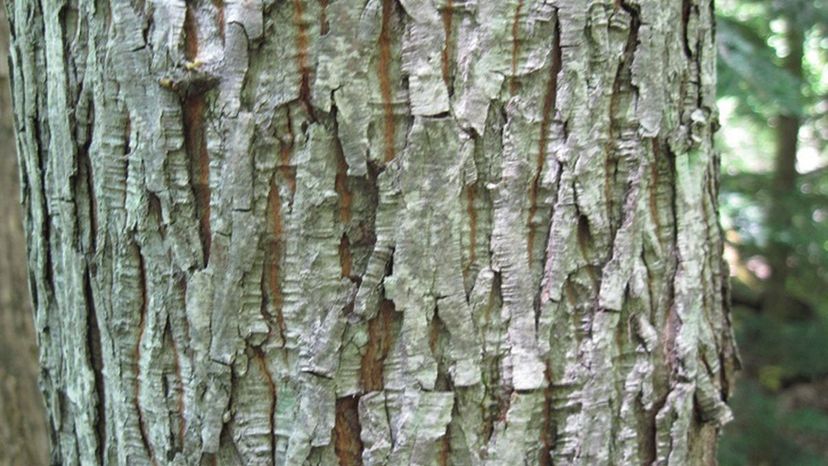
Pignut hickory trees are known for their flower buds, which when they are young closely resemble rose buds. The bark of the tree has an overall dark gray coloration, textured with narrow ridges and shallow furrows.
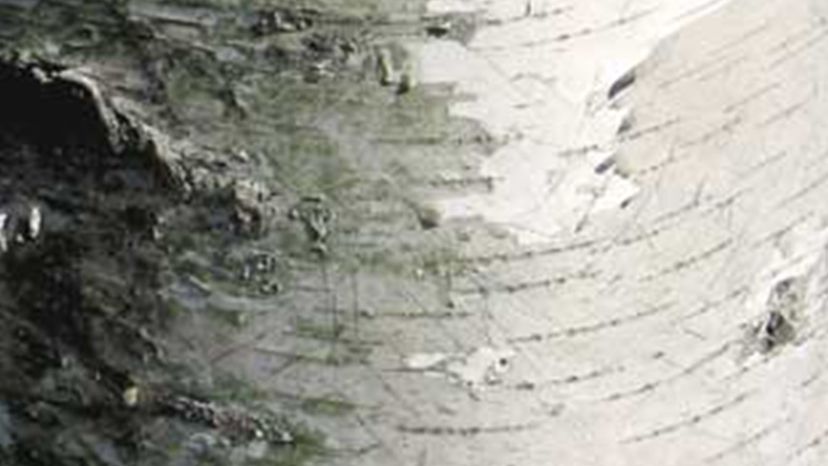
Gray birch grows primarily in harsh types of soil - dry ground, abandoned farms and burned-out areas. It is frequently found in the lower Hudson Valley and is characterized by its white bark and tall triangular leaves.
Advertisement
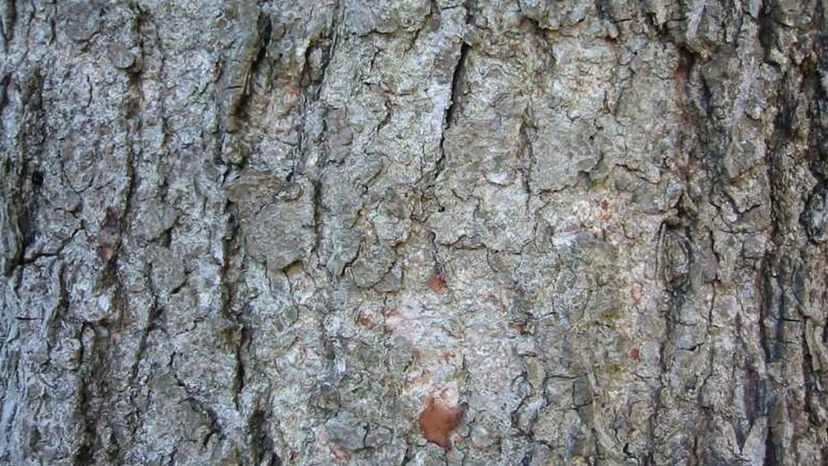
Bitternut hickory is a tree that grows well on moist, rich soil such as is found in many farm woodlots. The wood is heavy, very hard, strong, tough, and dark brown in color with paler sapwood. It grows compound leaves that are made up of 7 to 11 narrow leaflets.
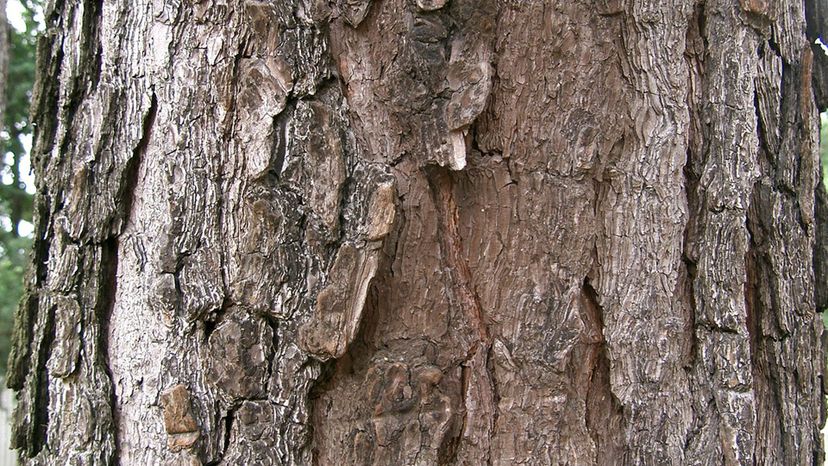
The pitch pine can grow up to 60 feet tall. It is identified by its 3-inch-long egg-shaped cones and its beautiful bark that can range from dark brown to reddish brown.
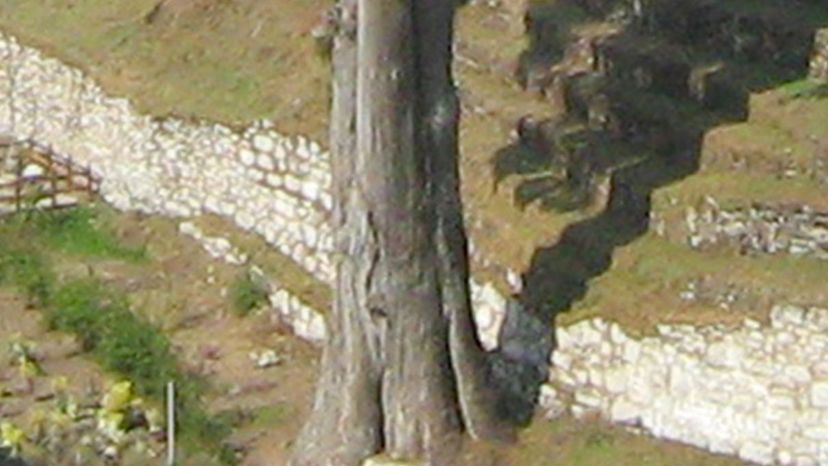
The Bhutan cypress is a species of tree that can be found in Bhutan, India, Nepal and parts of China. The Bhutan cypress is the official national tree of Bhutan and has some amount of symbolism in Buddhism.
Advertisement
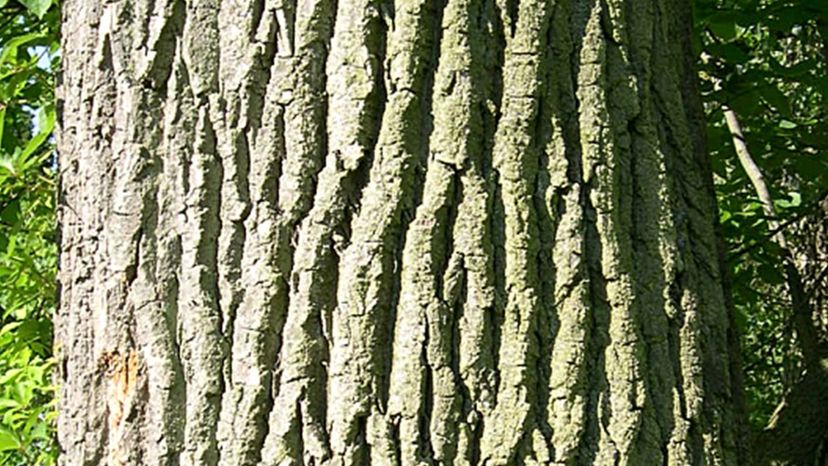
The eastern cottonwood has a very notable history of being planted as an ornamental tree in several parts of the country. However, this practice is not as popular as it once was, since the roots often penetrate sewers and drains, and even when cut the stump will continuously sprout.
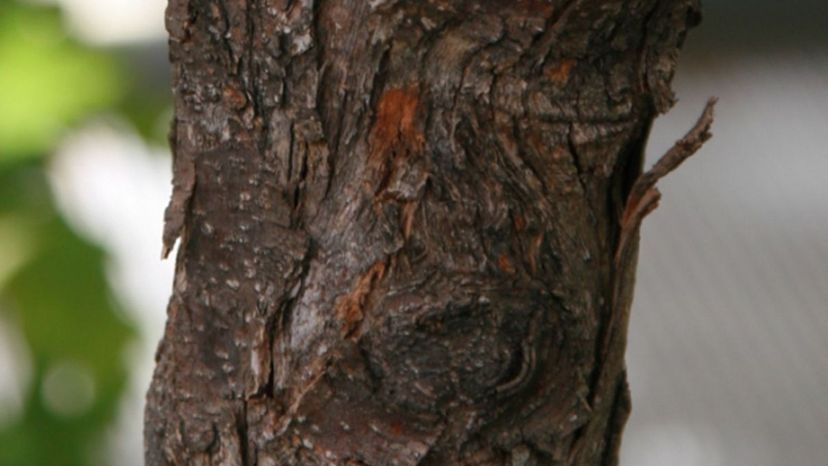
The weird named American hophornbeam is (quite obviously) closely related to the American hornbeam. The strength and coloration of the wood has earned it the nickname "ironwood.†It is primarily used for making handles for tools and for fuel.
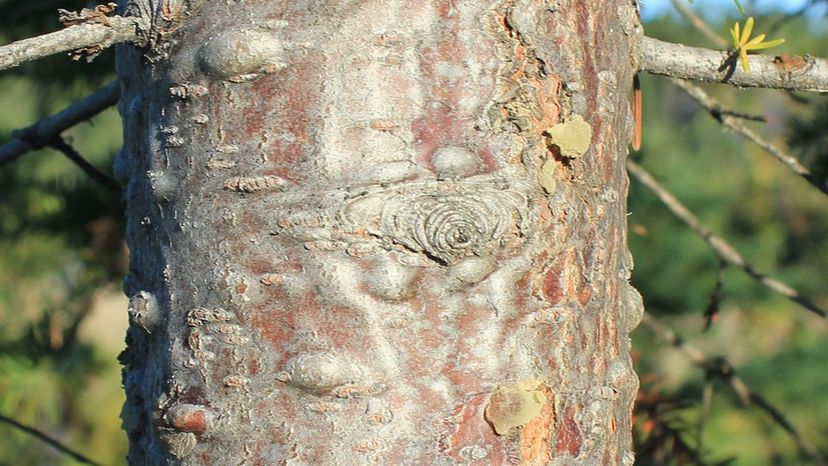
Wood from the balsam fir is noticeably light, soft and coarse grained. While this tree is not valued as a source of lumber, it has other decorative uses in the country. It is often used as a Christmas tree.
Advertisement
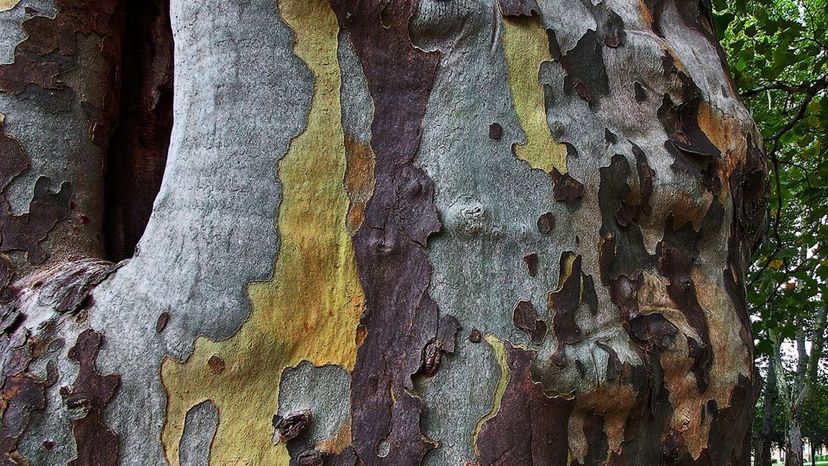
The sycamore is a relatively large tree that loves fertile and moist soil. As a result, this tree can often be found in damp woods, as well as along streams and the banks of rivers. Crates and even furniture are often crafted from this wood.
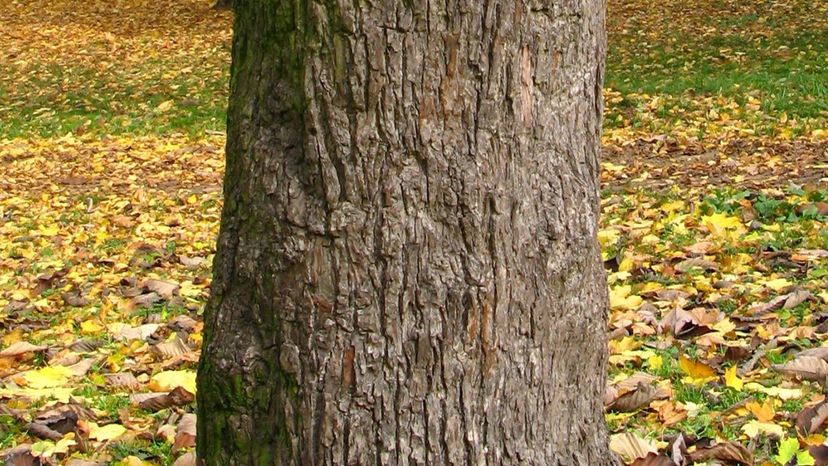
The cucumber tree has earned its name as a result of the fruit it produces, which comes in the form of a small cucumber-shape. The tree is frequently seen in parks and on lawns because of the yellowish green flowers that it produces and its large leaves.
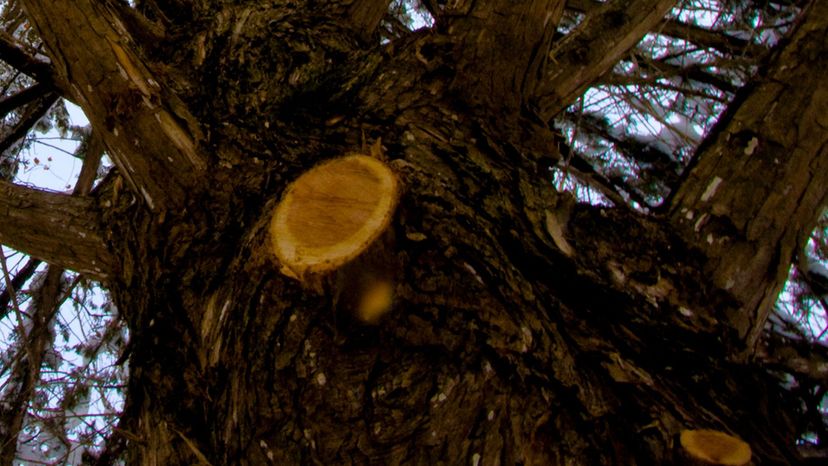
The eastern red cedar is primarily characterized by its soft and brittle reddish-brown wood. This wood cannot be used for heavy duty construction. Instead, it sees a notable amount of use in the production of pencils, interior finishes and simple lightweight furniture.
Advertisement
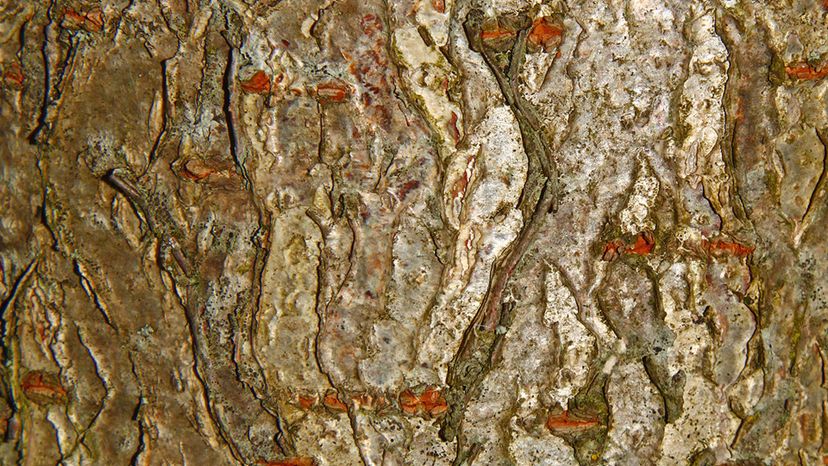
The wood of the American chestnut is light, soft and relatively coarse-grained. Nowadays, this attractive reddish brown wood finds its primary use as being crafted into posts of varying sizes. The leaves are long and have sharp points that line the sides.
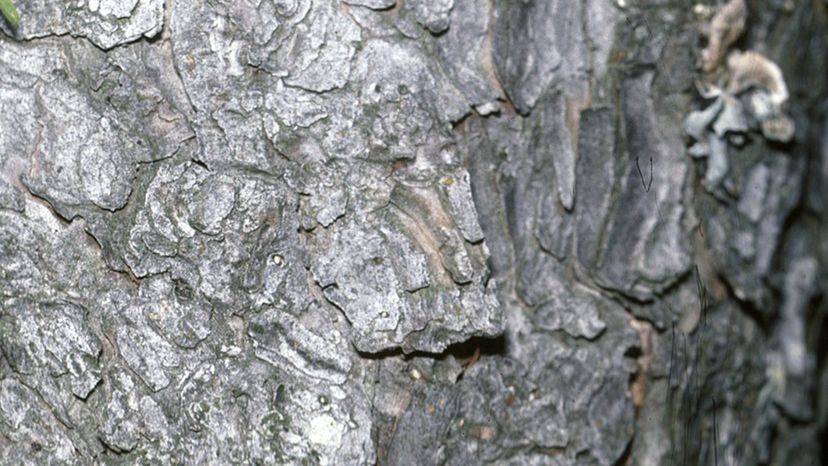
Although the wood of the American larch is strong, hard and heavy, it only sees notable usage in the form of fence posts, telephone poles and railroad ties. It is often found growing in cold swamps and wet areas.
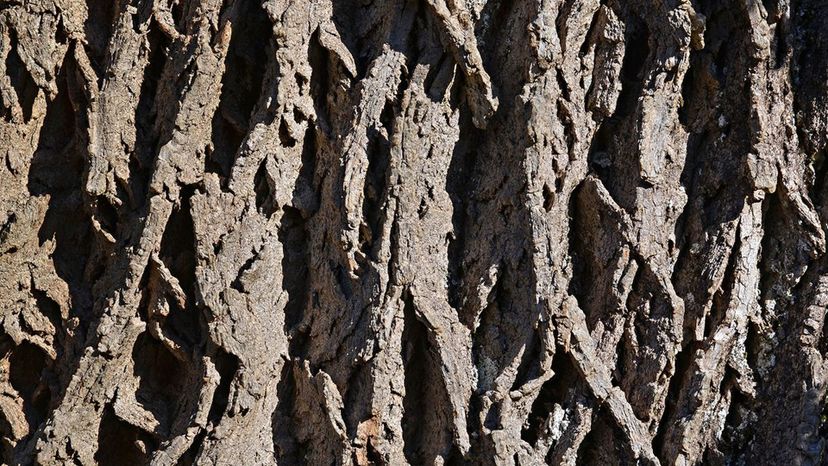
While it can potentially survive in drier soil types, the white ash tree prefers (and is almost always found in) rich moist wooded areas. The tree produces compound leaves that in turn are made up of stemmed leaflets. The bark of the tree is dark grayish brown.
Advertisement
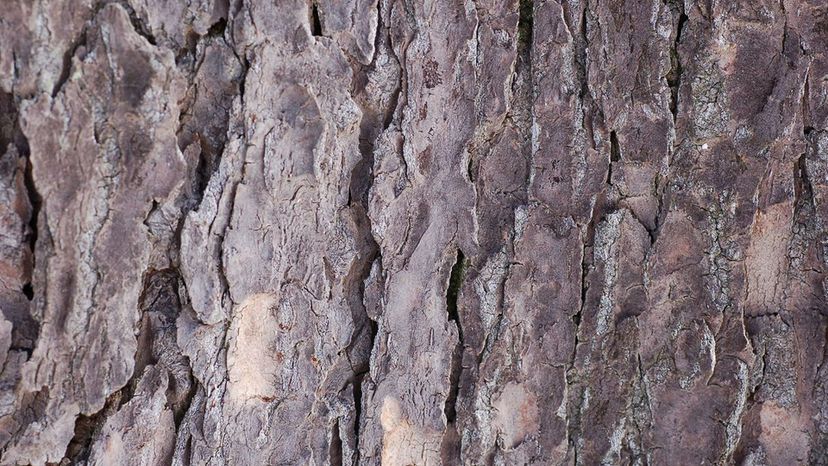
The wood of the eastern hemlock is coarse-grained, light and brittle. It splinters easily and is not durable. However, this light brown wood still sees some usage as construction lumber and is also in demand for mechanical pulp.